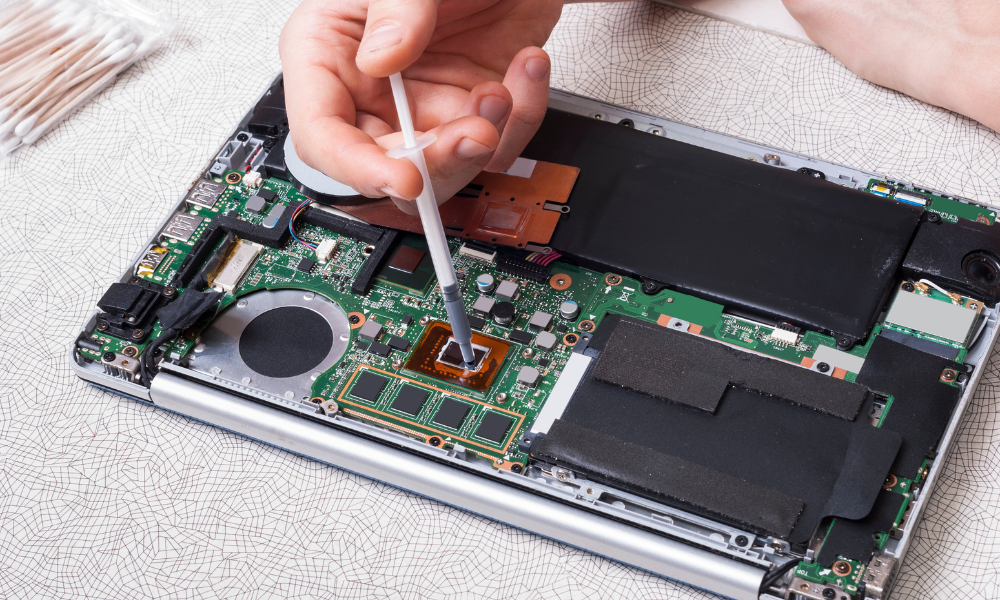In recent years, Do-It-Yourself (DIY) culture has become increasingly popular. More and more people are taking up DIY projects to save money, learn new skills, and take control of their lives. One area where this trend has taken hold is in laptop repair. Many prefer repairing their laptops rather than taking them to a professional. While there are certainly advantages to DIY laptop repair, there are also some drawbacks that should be considered. In this blog post, we will explore the pros and cons of DIY laptop repair.
Pros of DIY Laptop Repair
1. Cost Savings
One of the main advantages of DIY laptop repair is the cost savings. You can save a lot of money on labour costs by repairing your laptop yourself. In addition, you can save money on parts by sourcing them from online retailers or local shops. In some cases, repairing a laptop can be a fraction of the cost of taking it to a professional.
2. Learning Opportunity
Another advantage of DIY laptop repair is the opportunity to learn new skills. Repairing your laptop can teach you about computer hardware and software and how to troubleshoot problems. In addition, you can better understand how your laptop works and how to maintain it. This knowledge can be useful in the future if you encounter similar problems or if you want to upgrade your laptop. Professional laptop repair technicians use high-quality replacement parts and tools to ensure that your laptop is repaired to the highest standards.
3. Convenience
DIY laptop repair can also be more convenient than taking your laptop to a professional. You can repair your laptop at home or work without taking it to a repair shop. You can also repair your laptop on your own schedule without waiting for an appointment or the repair shop to open.
Cons of DIY Laptop Repair
1. Risk of Damage
One of the main disadvantages of DIY laptop repair is the risk of causing further damage to your laptop. If you are not familiar with the inner workings of your laptop, you could accidentally damage components or worsen the problem. This can lead to more costly repairs or even render your laptop unusable.
2. Voiding Warranty
Another disadvantage of DIY laptop repair is the risk of voiding your laptop’s warranty. Many laptop manufacturers have strict policies regarding repairs and modifications, and attempting to repair your laptop yourself could void the warranty. If you encounter future problems with your laptop, you may not be covered by the manufacturer’s warranty.
3. Time and Effort
DIY laptop repair can also be time-consuming and require a lot of effort. It can take time to diagnose the problem and source the necessary parts. Finding the right tools and equipment to repair can also be challenging. If you are not confident in your abilities, repairing your laptop can take even longer.
Conclusion
In conclusion, DIY laptop repair can be a cost-effective, convenient, and educational way to fix your laptop. However, it also comes with risks, including the potential to cause further damage, voiding the warranty, and requiring a significant amount of time and effort. Therefore, before attempting DIY laptop repair, it is essential to carefully consider the pros and cons and assess your skills and experience. If you are not confident in your abilities, seek the help of a professional.

